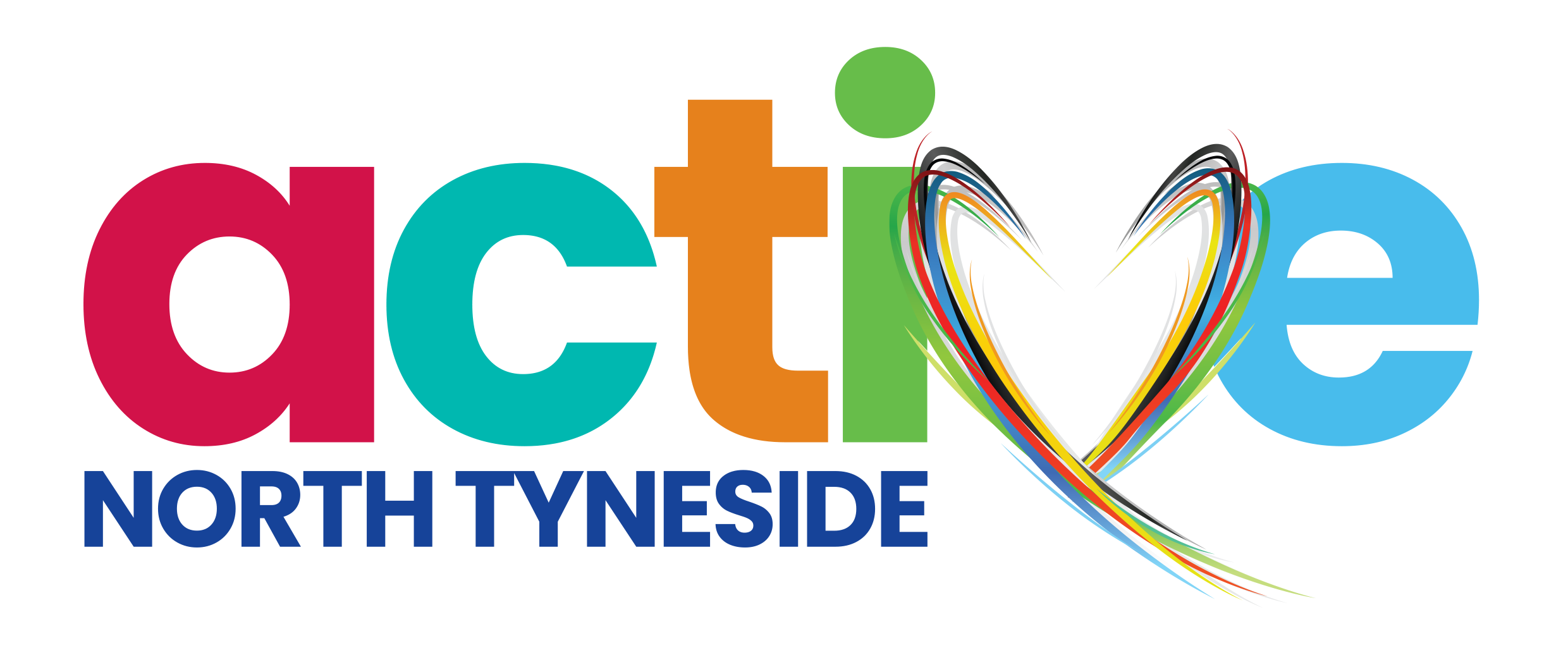Sugar
Too much sugar can provide lots of extra energy, which if you don’t burn off can be converted and stored in the body. Most of us eat twice as much sugar as we need. Having sugar too often during the day can damage our teeth too.
Sugar occurs naturally in foods such as fruit and milk, but we don’t necessarily need to cut down on these types of sugars, just be aware of them.
We need to be aware of ‘free sugars’ which includes all types of sugar added to food and the sugar naturally present in honey, syrup and fruit juice.
How much sugar?
How much you should have depends on your age.
There are lots of different ways added sugar can be listed on ingredients labels. It can be listed as sucrose, glucose, fructose, maltose, molasses, hydrolysed starch, invert sugar, corn syrup, honey and more!
Sugar in drinks
Our body needs water to work properly and avoid dehydration.
Fluid helps us to digest and absorb food, carries nutrients and oxygen around our body, keeps our temperature normal and helps our body get rid of waste.
Water is the healthiest choice for quenching your thirst at any time. It has no calories and contains no sugar that can damage your teeth. Aim to drink 6-8 glasses a day.
Try to avoid sugary, soft and fizzy drinks that are high in added sugar. These can be high in calories, bad for teeth and contain very few, if any nutrients.
Some energy drinks are very high in sugar and high in caffeine.
Sports drinks are only useful if you are doing high level endurance sports and need an energy boost e.g. marathon running.
Milk is a good source of calcium that helps build and maintain healthy bones, for a healthier choice choose semi-skimmed, 1% fat or skimmed.
Limit your intake of shop-bought flavoured milks and milkshakes - you could try making your own milkshakes by blending fruit with lower fat milks.
If you have fruit juice or a smoothie, drink it with a meal as it can damage the enamel on your teeth - and remember only one glass a day counts as one of your five a day.
Watch out for ‘juice drinks’ as they may contain as little as 5% fruit juice and a lot of added sugar.
Sugar top tips
Instead of sugary fizzy drinks and juice drinks, go for water. If you have flavoured water check it doesn’t have added sugar
Instead of adding sugar on top of cereal, replace it with fruit for sweetness
Have no more than one 150ml glass of pure fruit juice or smoothie daily
Beware of milkshakes, hot chocolate and syrups added to hot drinks
Rather than spreading jam, marmalade or honey on your toast try a low-fat spread, sliced banana or low-fat cream cheese
If you have sugar in hot drinks, try to gradually reduce it
Choose tins of fruit in juice rather than syrup
Choose wholegrain breakfast cereal - but not those coated with sugar or honey
For dessert after a meal, try tinned fruit in its own juice, natural yoghurt with chopped fruit or sugar free jelly
When shopping for snacks, select the ones that are 100kcal or less per serving



